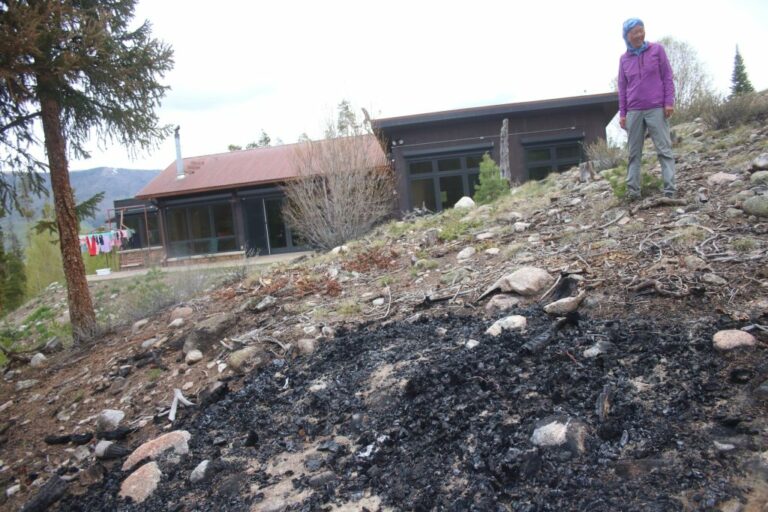Colorado is set to implement a new law that requires insurance companies to recognize homeowners’ wildfire mitigation efforts when assessing their insurance premiums. The legislation, House Bill 1182, aims to bring transparency to the insurance industry and potentially lower premiums for homeowners who have taken steps to mitigate wildfire risk.
In mountain communities where wildfires are a significant threat, homeowners have been taking proactive measures to reduce their exposure. However, many have reported that their efforts haven’t led to lower insurance costs. The state saw a 52% increase in insurance premiums for single-family homes between January 2019 and October 2022, with mountain towns experiencing even greater increases.
The Problem with Current Insurance Practices
Homeowners like Lisa Lewis in Silverthorne have invested in wildfire mitigation efforts, including a community-wide fuels reduction project and home hardening measures. However, when Lewis tried to explain her efforts to her insurance carrier, they were unaware of the work and didn’t offer any premium reduction.
“They didn’t even know that what we did actually lowers risk,” Lewis said. “It was maddening.”
The New Law: House Bill 1182
The new law requires insurers to consider both property-specific mitigation actions and community-level mitigation activities when assessing a home’s risk and determining premiums. It also mandates that insurers publicize potential discounts for homeowners, provide information on how they calculate risk, and inform homeowners what they can do to lower their risk.
Expected Outcomes and Industry Response
Proponents of the bill hope it will be a step toward curbing Colorado’s soaring insurance rates. The insurance industry has grown more receptive to the bill, seeing it as an educational measure for homeowners. Carol Walker, executive director of the Rocky Mountain Insurance Association, said the bill’s final version includes an important provision that holds homeowners’ mitigation efforts to a certain standard.
“Mitigation has to be meaningful, verifiable. It can’t just be, cut the grass, remove a few trees, it has to be based on science-based standards,” Walker said.
Implementation and Future Plans
The law won’t take effect until July 2026, giving insurers time to prepare for compliance. However, Colorado Insurance Commissioner Mike Conway believes homeowners may start seeing benefits sooner. State leaders plan to continue their efforts to stabilize the homeowners insurance market, including reviving a failed measure from the previous legislative session that would have imposed a fee on homeowners’ insurance plans to create funds for addressing wildfire and hail risks.
As Conway noted, “We’ve got to find a solution to that. We can’t just sit back and say the market is going to solve this, because the market isn’t solving it.”





